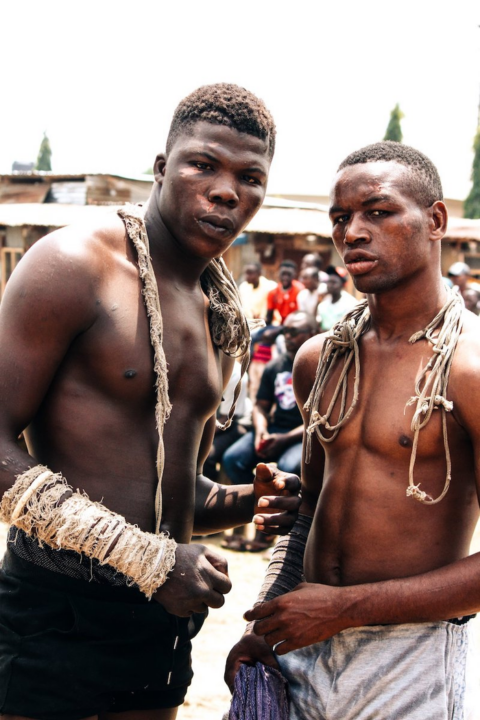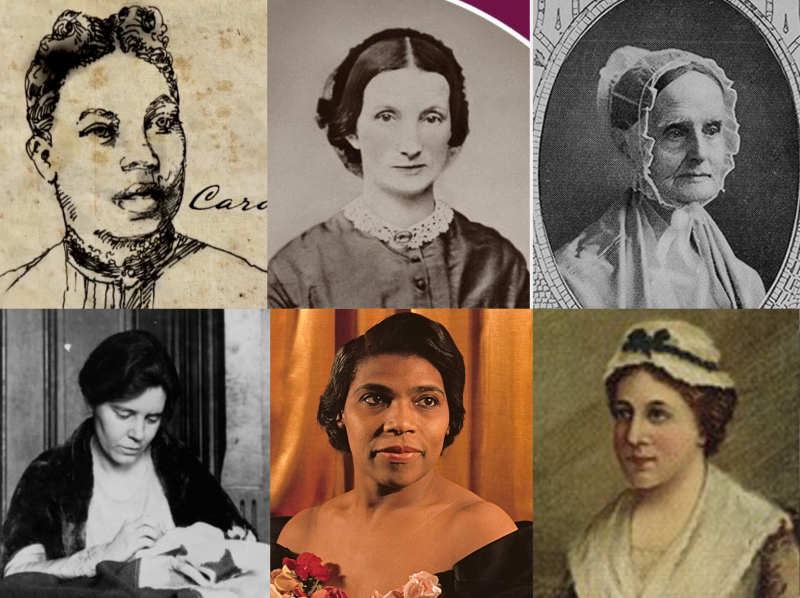Photo Credit: Abubakar Ogaji
Dambe, also known as Kokawa, is an African combat sport that originated in northern Nigeria and was used to prepare men for war in the olden days. It is also a prominent sport in Senegal and the Gambia. Historically, Dambe included wrestling components, but today it is a striking art.
It has now become one of the most celebrated sports activities in the region.
But it isn’t your run-of-the-mill combat sport because of its brutality. Knocking someone down in Dambe is known as ‘killing’; many techniques allude to warfare. It was historically practiced by butchers of the Hausa tribe around harvest or festival time and was considered a test of bravery.

Photo Credit: Abubakar Ogaji
Matches take place in arenas or markets, often on religious holidays. Music, particularly drumming, accompanies the competition. Opponents wrestle until one is thrown to the ground.
Competitors in a typical match aim to subdue each other into total submission, primarily within three rounds. It often results in serious bodily injury.
There have been arguments about whether Dambe should be incorporated into modern sports. Still, these have been met with strong reservations. Some regard the sport as too “crude,” while others find the possible use of amulets unsettling.
The traditional wrestling competition is already a significant part of the famous Argungu Festival in Kebbi State. The festival is Africa’s most prominent fishing celebration.
There are three rounds in the game with no time limit. Instead, they end when:
1) There is no activity again
2) One of the participants or an official calls a halt
3) A participant’s hand, knee, or body touches the ground
To be declared a winner, the competitor must subdue the opponent in total submission within three rounds.





